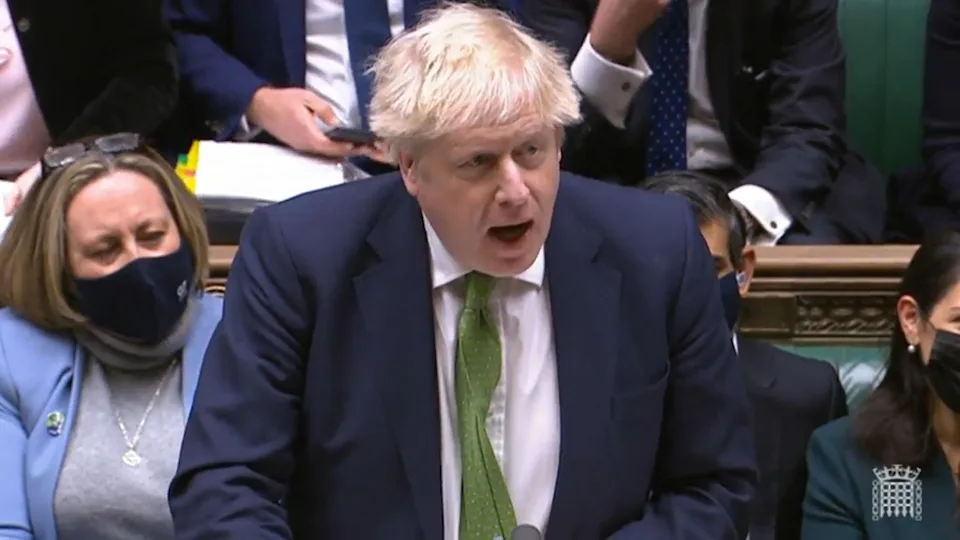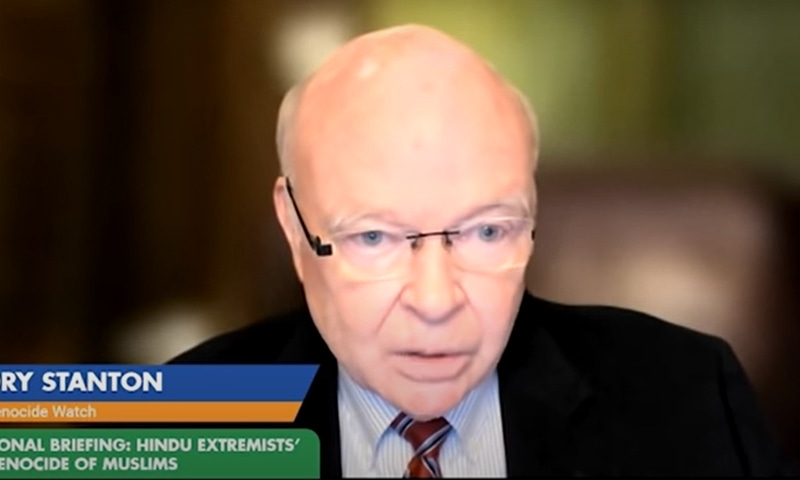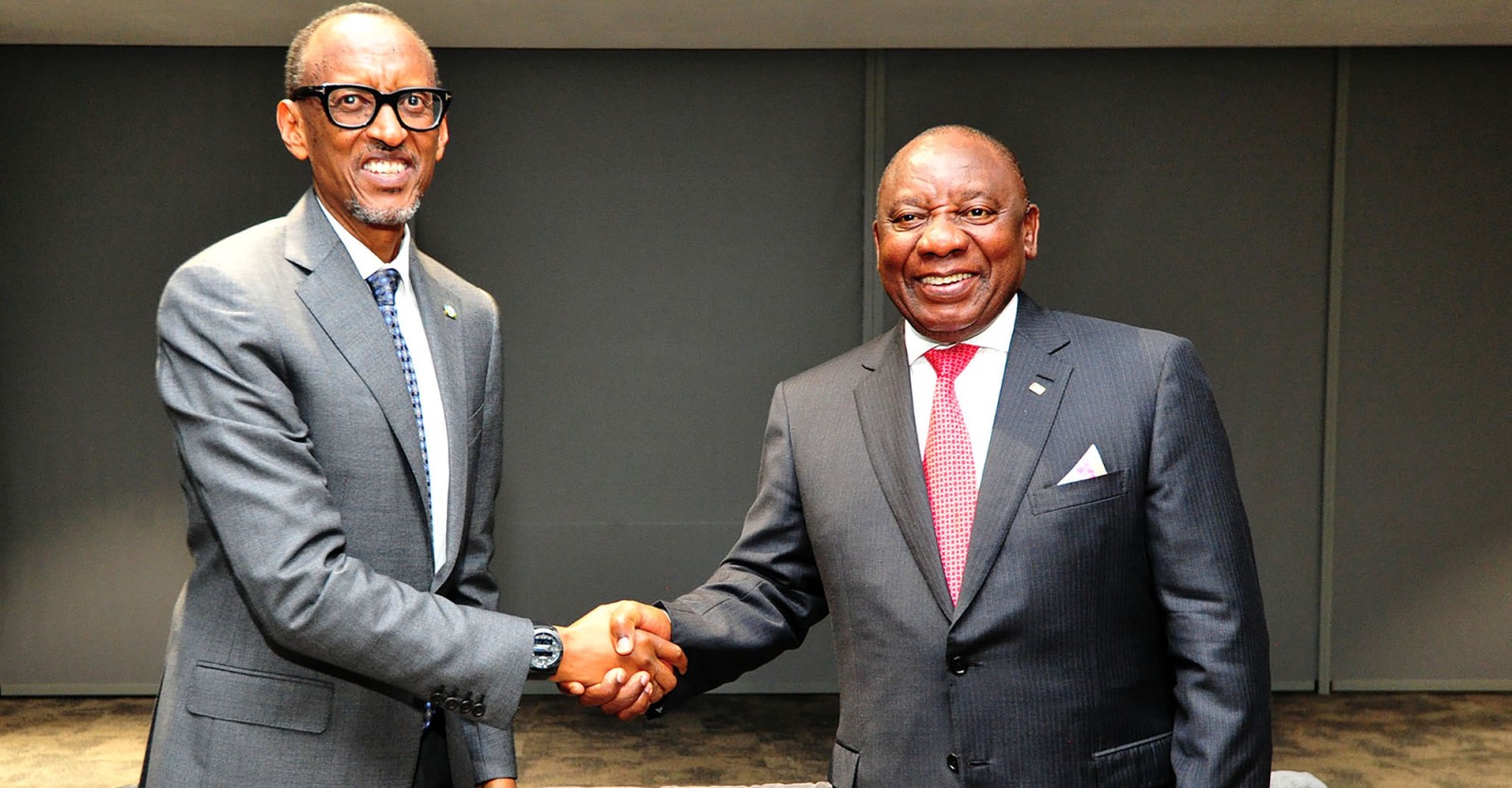- Details
- Julius Mbaluto
- World
- 754
Boris Johnson has announced an easing of England’s Plan B coronavirus restrictions amid a battle to save his premiership.
Speaking in the House of Commons this afternoon, the prime minister said that the restrictions brought in to tackle the Omicron wave – including vaccine passes, face masks and working from home – will be allowed to expire on 26 January.
Johnson added that face masks for school pupils will be scrapped from tomorrow.
Johnson told MPs more than 90% of over-60s across the UK had now had booster vaccines to protect them, and scientists believed the Omicron wave had peaked.
He said the government had taken a “different path” to much of Europe and the “data are showing that, time and again, this government got the toughest decisions right”.
The news comes as Covid infection levels are falling in most parts of the UK for the first time since early December.
The prime minister and his Cabinet met on Wednesday morning to examine the latest COVID data before making a statement in the Commons in the afternoon.
England’s Plan B measures – which include guidance to work from home, the use of the COVID pass and mandatory mask wearing in shops and on public transport – are set to expire on 26 January.
Health secretary Sajid Javid signalled an end to the restrictions on Tuesday when he told MPs that he was “cautiously optimistic that we will be able to substantially reduce restrictions next week”.
The move avoids yet another confrontation with Tory MPs who want the restrictions brought to an end – something Johnson would wish to avoid as his position has already been weakened due to the row over Downing Street parties.
A group of Tories who won their seats in Johnson’s 2019 election landslide appear to have lost faith in the prime minister, after he admitted attending a “bring your own booze” event in the Downing Street garden during England’s first coronavirus lockdown.
Johnson has insisted that “nobody told me that what we were doing was against the rules” and he believed he was attending a work event.
A series of gatherings in No 10 and Whitehall are being investigated by senior civil servant Sue Gray, and Tory MPs were urged by ministers to wait for her report before deciding whether to move against the PM.
Watch: Labour: PM 'in a scandal of his own making'
But reports have suggested the threshold of 54 letters from MPs that would launch a no-confidence vote in the PM could be reached this week.
Johnson made a public return on Tuesday after limiting his public activities when a close contact tested positive for COVID.
When asked whether restrictions would be lifted during a visit to a hospital, Johnson said: “We’ve got to be careful about COVID. We’ve got to continue to remember that it’s a threat.”
The Plan B measures were introduced to combat the wave of cases driven by the Omicron variant, with the aim of buying time to offer more booster jabs.
Johnson’s announcement follows Scottish first minister Nicola Sturgeon’s plans to ease them in Scotland from Monday.
It means nightclub closures and the requirement for table service in hospitality will come to an end, while attendance limits on indoor events and the guidance asking people to stick to a three-household limit on indoor gatherings will be lifted.
However, some baseline coronavirus measures which were in place before the Omicron wave will remain, including wearing face coverings in public indoor settings and on public transport, as well as working from home whenever it is possible.
A total of 19,450 people were in hospital in the UK with COVID as of 17 January, government figures show – down 2% week-on-week, though the total has risen slightly in the most recent two days.
A further 94,432 lab-confirmed COVID cases have been recorded in the UK as of 9am on Tuesday, while a further 438 people were reported to have died within 28 days of testing positive for COVID – though the figure is inflated by a lag in weekend reporting. By Andy Wells, Yahoo News










